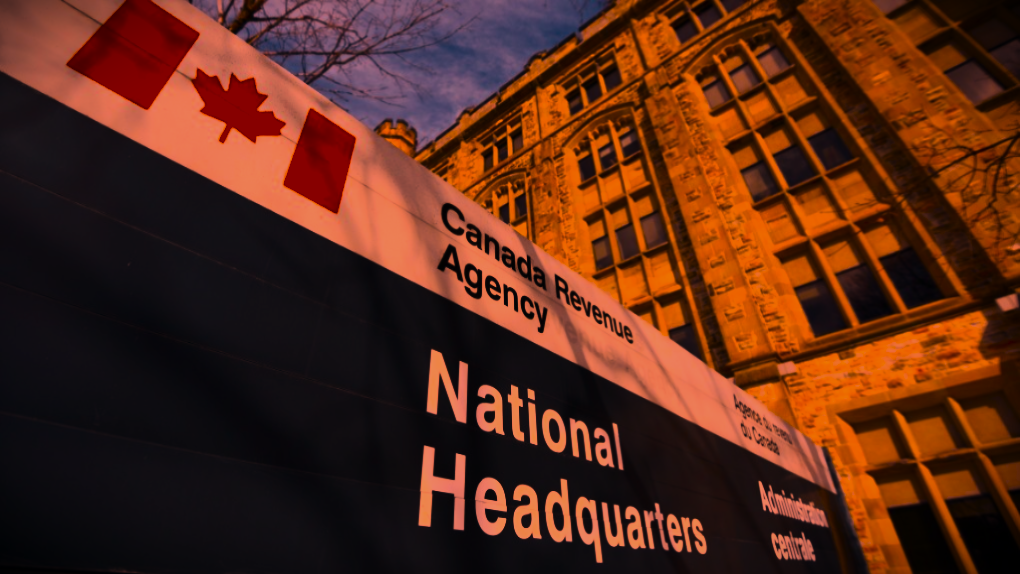Canadian Government’s $28 Million Seizure Attempt Sparks Legal Battle
In a highly unprecedented move, the federal government is attempting to seize $28 million from Saskatchewan’s bank account over unpaid carbon levy money. This extraordinary step, which legal experts describe as highly unusual, underscores the deepening rift between Ottawa and the provincial government. The case is set to be argued in Federal Court in Vancouver this Friday.
Rory Gillis, an assistant professor at Western University specializing in tax law and federalism, noted the unprecedented nature of this action. “It’s quite drastic, even in the context of individuals where one is a debtor and one is a creditor,” Gillis stated, emphasizing the deteriorating relationship between the federal and Saskatchewan governments.
Similarly, Eric Adams, a constitutional law professor at the University of Alberta, remarked on the unusual nature of the federal government’s move. “It suggests a certain level of dysfunction between the two levels of government,” Adams said.
In response, Saskatchewan’s Justice Minister Bronwyn Eyre filed for an injunction to stop the Canada Revenue Agency (CRA) from garnisheeing the funds. A judge has temporarily stayed the seizure pending the court hearing.
Earlier this year, Saskatchewan ceased its payments of the carbon levy to Ottawa. This followed Prime Minister Justin Trudeau’s decision to exempt home-heating oil users from the levy, a move largely seen as politically motivated to gain support in Atlantic Canada.
Court documents reveal that Saskatchewan’s unpaid carbon levy bill has been growing since January, reaching $56 million by April. The CRA attempted to recover $28 million through a bank order, but the agency has declined to confirm if it successfully obtained the funds.
“The Canada Revenue Agency has a duty to consistently and fairly apply the provisions of the acts and regulations that we administer,” the agency stated. “We must also make sure that all persons pay the required amount of taxes, charges, duties, fees, penalties, and other amounts owing to the Crown.”
Saskatchewan disputes the debt, arguing that it is unfair to charge the levy to Saskatchewan consumers who use natural gas, especially since home-heating oil is now exempt. The province also claims that the federal government is constitutionally barred from garnisheeing a provincial bank account.
Legal experts believe Saskatchewan faces significant challenges in court. “I think the province has an uphill battle to convince the court that carbon pricing is unconstitutional,” Gillis said. However, he also noted that the court might be reluctant to allow Ottawa to drain a provincial bank account, which could impair the province’s ability to operate.
The legal battle could extend over months or even years. If Saskatchewan wins, residents would be exempt from paying the carbon levy. If it loses, the province will have to devise a method to recover the funds, potentially retroactively collecting the tax from consumers.
Eric Adams highlighted the difficulty of Saskatchewan’s position, referencing the Supreme Court of Canada’s 2021 ruling that upheld the constitutionality of carbon pricing. “Residents of Saskatchewan will have to decide if the cost is worth the fight,” Adams said, indicating that the ultimate outcome will significantly impact the province’s residents.
As Saskatchewan and the federal government prepare to face off in court, the case not only tests the limits of federal-provincial relations but also raises important questions about the fairness and application of national policies. The outcome will have significant implications for both the legal landscape of carbon pricing in Canada and the political dynamics between Ottawa and the provinces.



